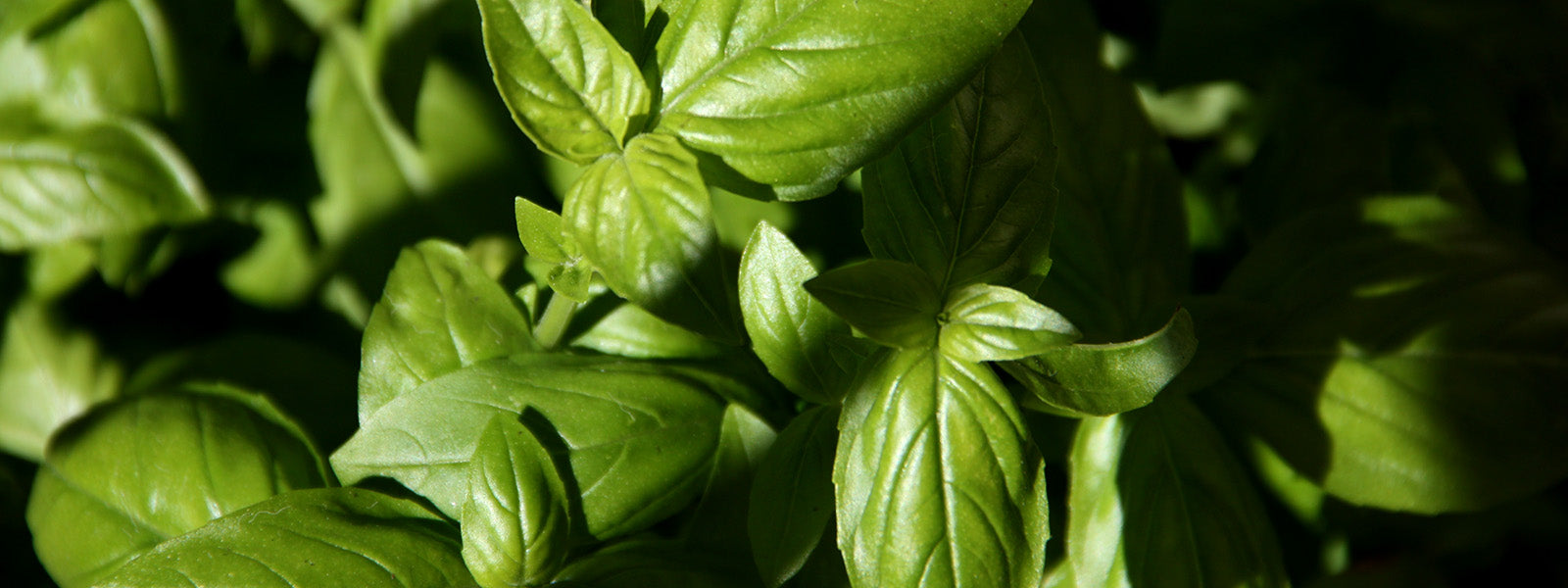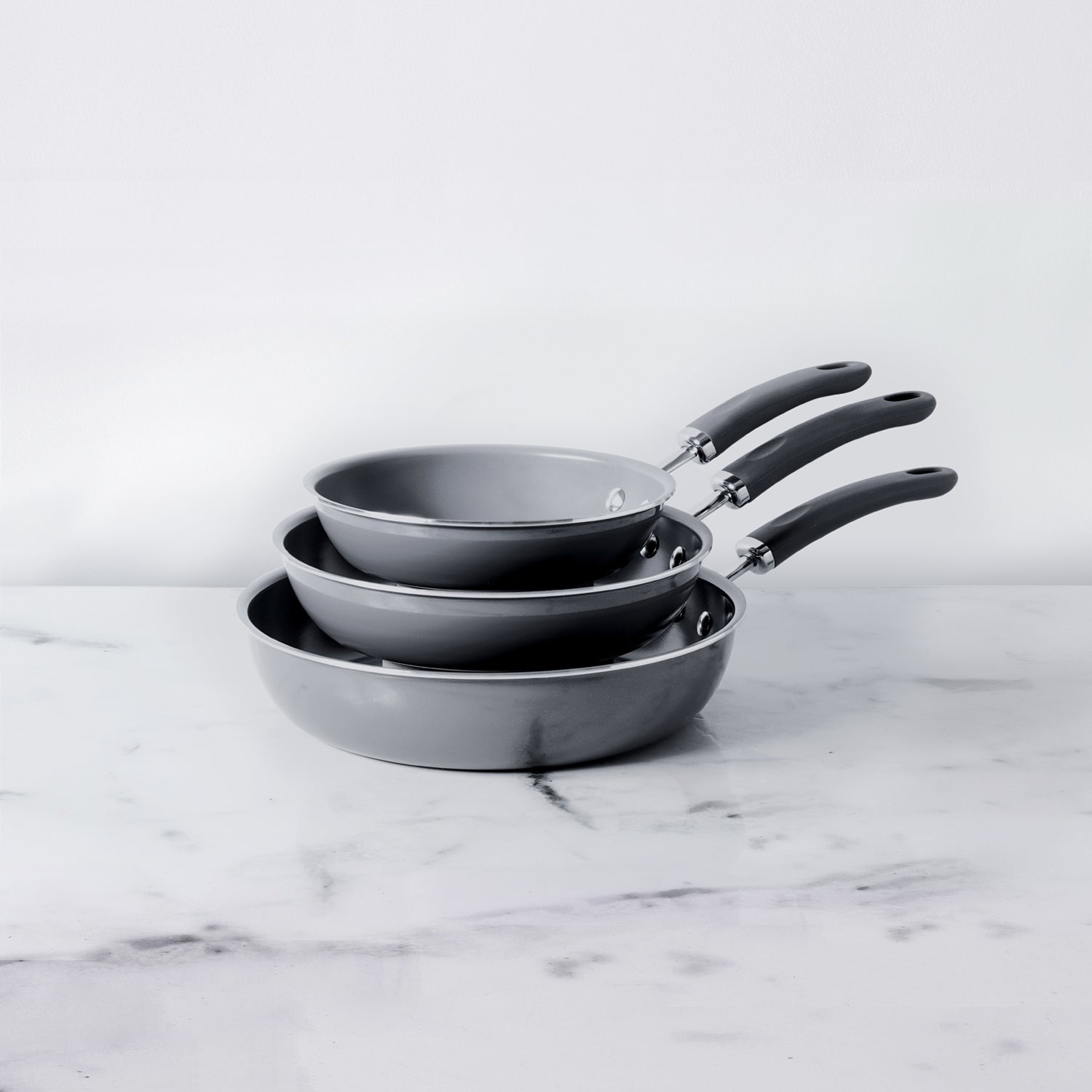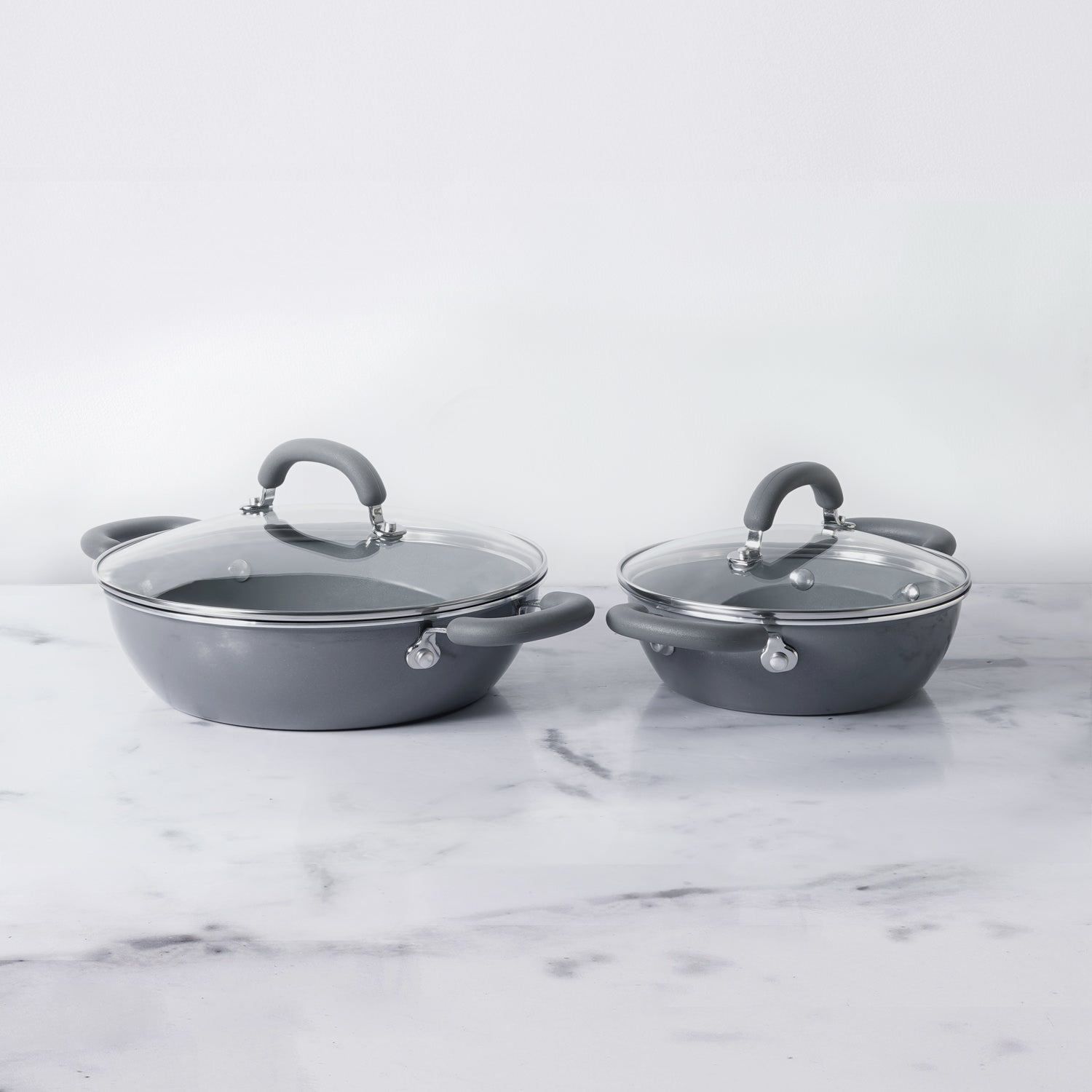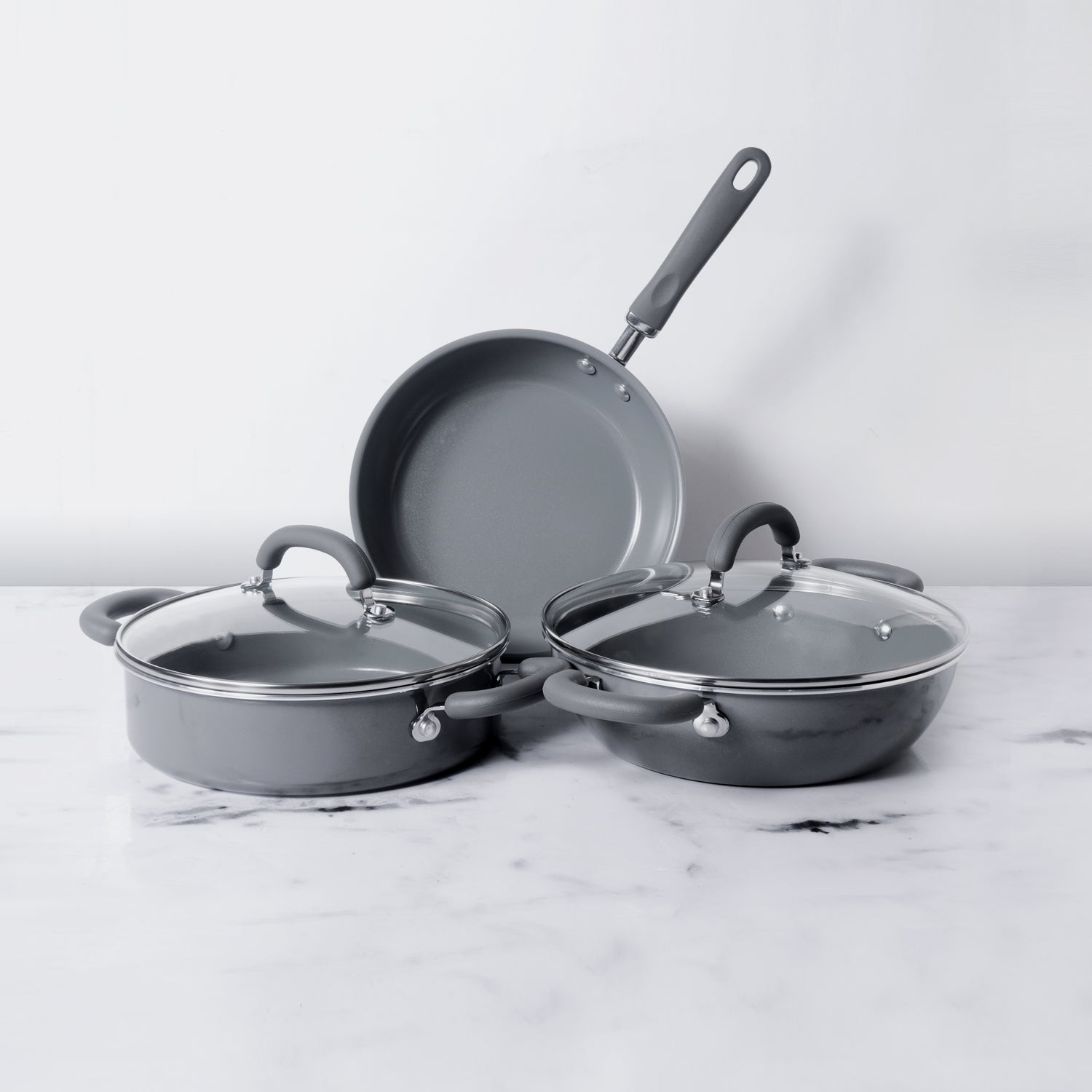Give a boost to your food and health with this ancient and amazing herb!
Not just perfect for and as chutney, but Coriander or Dhaniya is loaded with multiple health benefits! Coriander is an herb that is popular in many cuisines around the world. The leaves of the coriander plant are often used whole in soups and salsas, while the seeds are used either dried or ground. Coriander is commonly used in Indian, Middle Eastern, and Asian dishes, such as curries Most recipes, including Indian recipes such as dal, are incomplete without the use and garnishing of coriander. Coriander has a slightly citrusy flavor that pairs well with many different types of cuisine. It's commonly used as a seasoning in Indian, Thai, and Chinese dishes. Coriander can be used in both its dried and fresh forms - the seeds can be ground into a powder or used whole, while the leaves can be chopped and used to enhance the flavor as well as look.
Table of Contents
What is coriander?
Coriander is an annual herb in the family Apiaceae. All parts of the plant are edible, but the fresh leaves and the dried seeds are the most commonly used in cooking. The plant Coriandrum sativum is the source of coriander, which is a relative of celery, parsley, and carrots.
Coriander nutritional value:
One cup of raw coriander contains:
Calories: 3.68
Fat: 0.083 grams
Carbs: 0.587 g
Protein: 0.341 g
Health benefits of coriander:
Coriander leaves are a wonderful source of dietary fiber, manganese, iron and magnesium. They are also rich in Vitamin C, Vitamin K and protein, and contain small amounts of calcium, phosphorus, potassium, thiamin, niacin and carotene. Some of the health benefits of coriander leaves are as following:
- Aids in digestion & weight loss:
Coriander leaves are an excellent source of fiber, which can help to improve digestion and prevent constipation. The antioxidants present in coriander leaves can also help to boost metabolism and promote weight loss. Additionally, the high fiber content of coriander leaves can help you to feel fuller for longer, preventing overeating.
Coriander can be consumed in a variety of ways. Here are the top 3 methods for incorporating coriander into your diet.
- Relieves stress:
Coriander leaves are not just a tasty addition to your meals - they can also help lower stress levels. The herbs have a calming effect on the digestive system, which in turn can help reduce physical stress in the body. Additionally, coriander leaves enhance mood by keeping the digestive system clean and healthy. This can help to reduce oxidative stress.
- Improves immune system:
Coriander leaves are an excellent source of Vitamin C and Vitamin E, which can help improve your immune system. Vitamin C helps white blood cells work effectively and also aids in the absorption of iron. Vitamin E is a powerful antioxidant that helps protect cells from damage. Together, these vitamins can help keep you healthy and fight off infection.
- Great for heart health:
Heart disease is one of the leading causes of death worldwide, so it's important to do everything you can to protect your heart. Coriander may help to lower your risk of heart disease by reducing blood pressure and cholesterol levels, and by flushing out extra sodium from your system.
- Good for eyes:
Coriander contains Vitamin A, Vitamin C, Vitamin E, and carotenoids. These nutrients are essential for keeping your vision healthy and delaying age-related macular degenerative disorders.
- Good cholesterol:
Coriander leaves are rich in antioxidants and other nutrients that may help reduce LDL (bad) cholesterol and improve HDL (good) cholesterol.
- Fortifies bones
Calcium, manganese, magnesium, and phosphorus, minerals that strengthen bones, are abundant in coriander leaves. Coriander's anti-inflammatory properties shield the bone from the pain associated with arthritis.
Coriander leaves are also rich in calcium, manganese, magnesium and phosphorus - all of which are essential for healthy bones. The anti-inflammatory properties of coriander can also help to relieve pain associated with conditions like arthritis.
- Promotes healthy skin
Coriander is an excellent remedy for oily skin due to its ability to absorb excess oil. It is also an antimicrobial, antiseptic and antifungal agent that can help soothe and cool the skin. Additionally, coriander is rich in iron, vitamin E and vitamin A - all of which are essential nutrients for radiant skin.
Ways to consume coriander:
When it comes to incorporating healthy ingredients into your diet, coriander leaves are a great option. Here are some ways you can include coriander leaves in your diet:
1) Add them to salads for a nutritional boost and extra flavor.
2) Use them as a garnish on soup or other hot dishes.
3) Make a pesto with coriander leaves, nuts, and olive oil.
4) Make a fine paste by pulverizing a few fresh coriander leaves. For flavor, mix with salt and lemon and use it as a dip.
5) Massage your scalp with a mixture of coconut or olive oil and coriander oil.
6) Pour 12 scoop coriander seeds into 2 cups of boiling water to make coriander tea. Drink the mixture after straining the seeds for health benefits.
7) Make a paste of coriander for your skin, apply it, and then wash it off after 15 minutes.
8) Try including them in your salads, raitas, dals, and subzis.
9) Consider sipping on one glass of juice every day or putting one or two teaspoons of it in your buttermilk glass.
10) You may also try using coriander leaves to make non-fried kothimbir vadi, dhania paratha, coriander tomato salsa, and other breakfast or snack foods.
FAQs on Coriander:
Q: Is coriander and cilantro the same?
A: The Coriandrum sativum plant is the source of both coriander and cilantro. The dried seeds of the plant are known as coriander in the US, while the leaves and stem are known as cilantro. Internationally, coriander refers to both the dried seeds and the dried leaves and stems of the plant.
Q: What does coriander taste like?
A: The flavor of the coriander leaves should be crisp, sharp, and lemony. The dried fruit of the plant, which can be utilized whole or crushed, is coriander seeds. It has an earthy, tangy, and sweet flavor with a toasted flowery scent.
Q: What is the best way to keep coriander fresh?
A: Place the leaves in a plastic bag that has been turned upside down and loosely cover them. This method of storage will keep cilantro fresh for up to a month; just remember to periodically replace the water in the jar.
Q: Can I freeze fresh coriander?
A: You can keep your coriander fresh for up to four months by freezing it. Simply place the herb in a bag and seal it tightly. You can also freeze coriander with some oil and other spices to make flavorful ice cubes. Either way, your coriander will stay fresh and fragrant for months.













Leave a comment